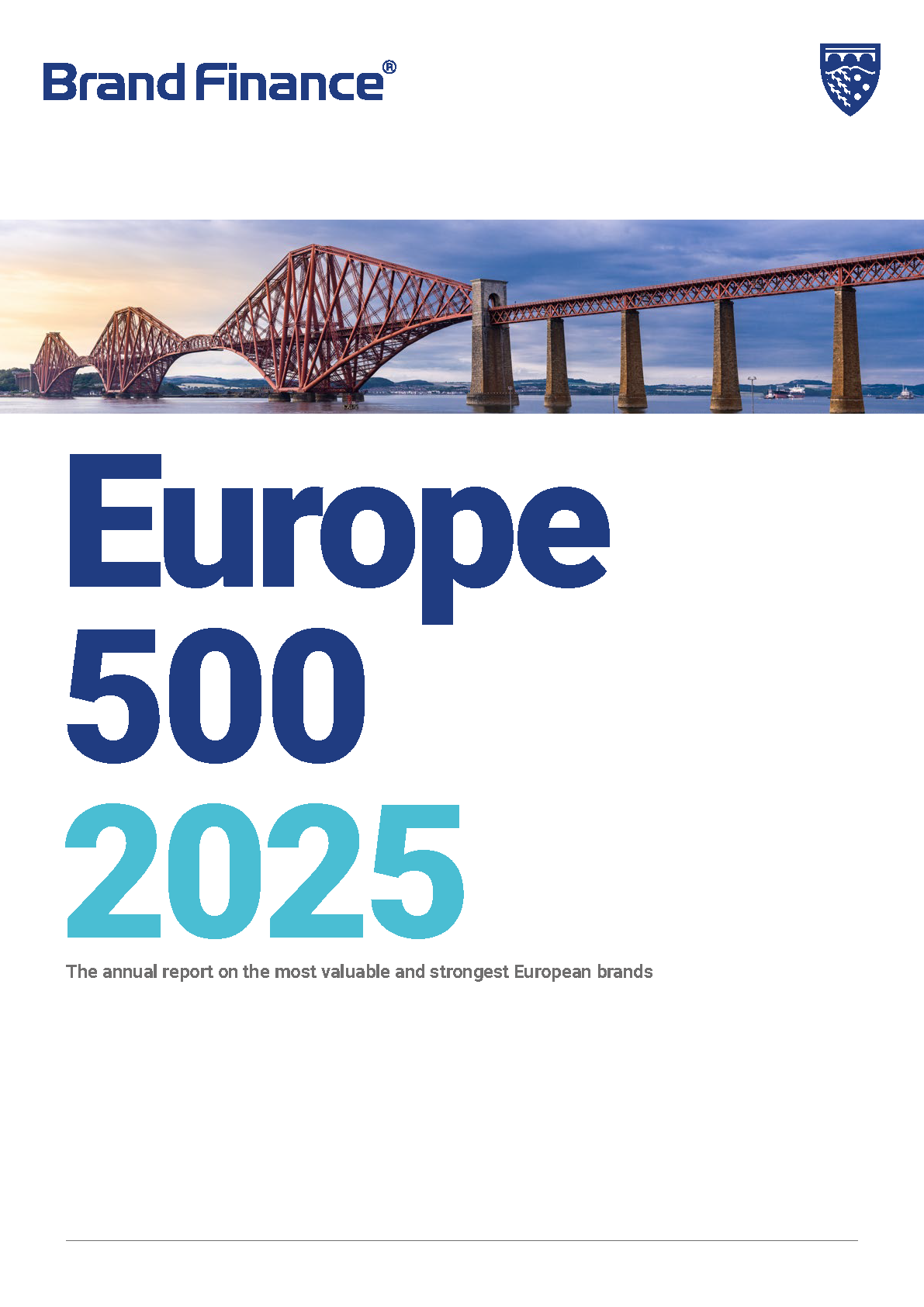This article was originally published in the Brand Finance Europe 500 2025 report.

Senior Strategy &
Sustainability Consultant,
Brand Finance
The sustainability space continues to experience shocks from anti-ESG rhetoric and legislative rollbacks in the U.S. Echoes of this stakeholder criticism and regulatory change are being felt overseas, as the EU revises its own guidance on corporate sustainability reporting requirements.
Do these changes affect, or reflect, the consumer mindset? Are European consumers softening on sustainability?
Our research suggests not. For the second year, Brand Finance finds that European consumers are far more discerning than the rest of the world when it comes to a brand’s commitment to sustainability.
In Brand Finance’s annual market research study, the Global Brand Equity Monitor, over 150,000 respondents are asked the extent to which they believe that a brand is committed to each pillar of ESG: environmental sustainability, social sustainability, and governance.
There are statistically significant differences between the attitudes of European and non-European markets in all three categories of ESG. European respondents are less likely to agree that brands are committed to sustainability, as shown in Figure 1. Brand Finance research coverage includes 17 European markets and 24 non-European markets.

European respondents are 28% less likely than people living outside of Europe to agree that brands are committed to environmental sustainability. The difference for social sustainability is equally high (28%), and Europeans are 27% less likely to agree that brands are well-managed and governed.
We find that net agreement levels with brand sustainability commitments are significantly lower among European respondents. Additional analysis determines how sustainability perceptions differ between markets within Europe. Respondents from Austria, Switzerland, and Denmark were the most likely to disagree that a brand is committed to environmental sustainability, with around 20% of respondents in each country indicating disagreement. Danish respondents were particularly critical.
Conversely, respondents from the UK and Romania held the most favourable sustainability perceptions.

Europeans’ more discerning views on brands’ commitment to sustainability can be attributed to several factors. Overall, the European embrace of sustainability is strong and is borne out by public norms and behaviours.
The European Union (EU) is at the forefront of establishing rigorous, standardised corporate sustainability reporting. Its 2023 Corporate Sustainability Reporting Directive (CSRD) has taken effect, with large companies reporting under the first set of European Sustainability Reporting Standards (ESRS) in 2025. Smaller companies are expected to follow suit in 2026. This work mandates sustainability reporting and integrates it with financial reporting. Although EU-originated, CSRD applies to multinationals based on headcount, revenue, and assets in EU markets.
Governmental commitments to sustainability provide a formal backdrop to education and cultures that values sustainability. As a result, the European public is very attuned to sustainability and may bring a more critical eye to sustainability claims and/or values-aligned brands.
What does this mean for marketers?
European’s critical eyes and stringent regulation mean brands may need to adopt safer, more constrained narratives.
However, greenhushing is also a risk, as brands roll back their sustainability communications out of fear of criticism and backlash. Ideally, businesses should respond to regulations and stakeholder expectations with more consistent, effective, and authentic ESG communication, while also meeting compliance asks.
Brand Finance’s research highlights the importance of being attuned to the variation in stakeholder perceptions and expectations across geographies.
Sustainability perceptions are important to monitor, as these insights are applicable to growth strategies, regardless of how strongly an organisation considers sustainability as part of its brand identity.

